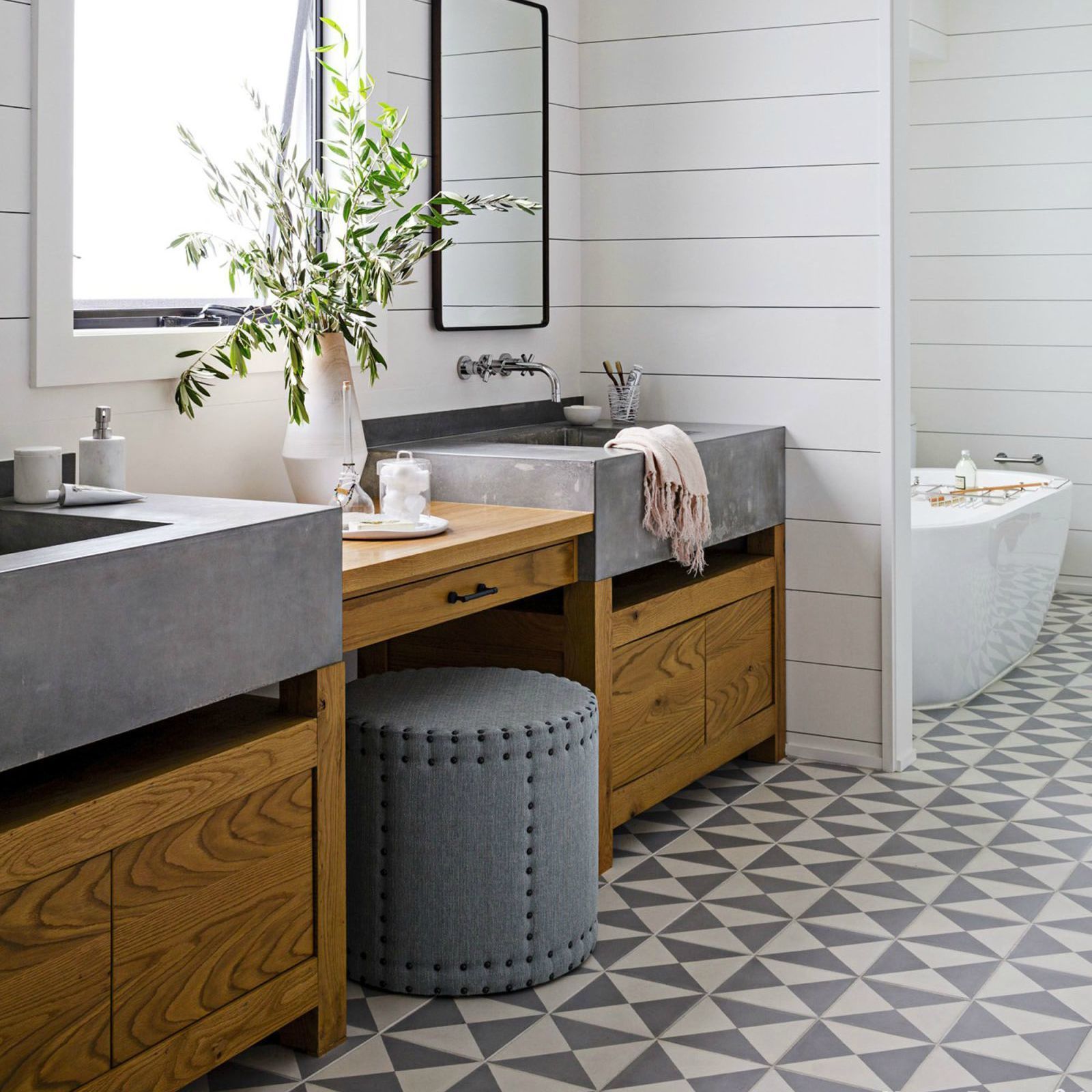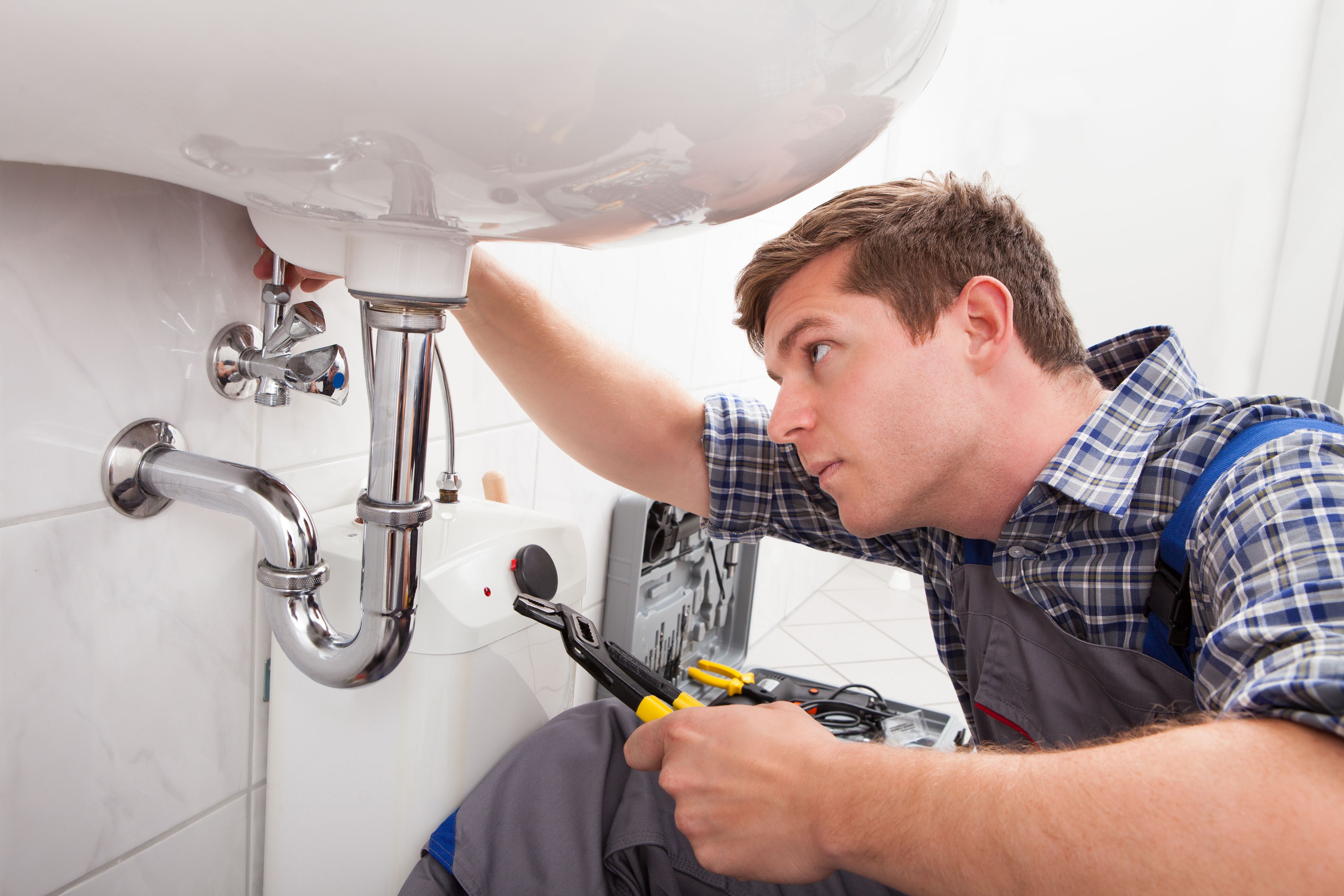Eco-Friendly Plumbing Options: Building a More Sustainable Living Space
Eco-Friendly Plumbing Options: Building a More Sustainable Living Space
Blog Article
Right here on the next paragraphs you might get lots of awesome answers around Sustainability Remains Key Trend in Plumbing Practices.

Intro
In today's globe, lasting living is becoming increasingly crucial. One location where home owners can make a considerable influence is via green pipes solutions. By adopting environmentally aware techniques, houses can lower their water and power consumption while contributing to a healthier planet.
Water-Efficient Fixtures
Traditional fixtures typically drainage needlessly. Nevertheless, modern low-flow toilets, faucets, and showerheads are designed to decrease water use without compromising efficiency. These components can substantially decrease family water intake, bring about reduced water bills and a minimized environmental impact.
Greywater Equipments
Greywater describes delicately used water from resources such as showers, sinks, and cleaning equipments. Instead of letting this water go to waste, greywater systems reuse it for non-potable uses such as landscape irrigation and commode flushing. By implementing a greywater system, house owners can preserve fresh water sources and reduce strain on community wastewater treatment facilities.
Rainwater Harvesting
Rainwater harvesting involves collecting and storing rainwater for numerous objectives, consisting of watering, bathroom flushing, and laundry. Rain collecting systems commonly contain a collection surface (such as a roofing system), gutters, downspouts, and tank. By gathering rainwater, home owners can minimize their reliance on municipal water resources and conserve fresh water resources.
Solar Water Heaters
Conventional water heaters rely on nonrenewable fuel sources or power to warmth water, contributing to carbon emissions and power intake. In contrast, solar hot water heater make use of sunlight to warm water, supplying a sustainable and environmentally friendly option. By utilizing solar power, home owners can lower their power expenses and minimize their carbon impact.
Environment-friendly Pipeline Materials
Traditional plumbing products such as copper and PVC can have adverse environmental influences during production and disposal. Nonetheless, there are sustainable options available, such as recycled steel, cross-linked polyethylene (PEX), and high-density polyethylene (HDPE). These environment-friendly pipe materials use resilience, durability, and lowered environmental impact.
Energy-Efficient Home appliances
Along with water-efficient components, energy-efficient devices can better reduce a family's environmental footprint. High-efficiency washing makers and dish washers utilize much less water and energy per cycle, assisting to conserve resources and lower energy costs. When purchasing devices, seek power STAR ® certified versions for optimal effectiveness.
Smart Water Management Systems
Advances in modern technology have actually made it simpler than ever before to keep track of and maximize water usage in the home. Smart water monitoring systems utilize sensors and data analytics to track water use in real-time, recognize leakages, and supply insights for conservation. By executing clever water monitoring remedies, home owners can decrease waste and make the most of performance.
Expense Considerations
While green pipes options might have higher ahead of time costs than typical alternatives, they usually offer lasting savings with reduced water and energy expenses. In addition, numerous federal governments supply incentives such as refunds and tax obligation credit scores for environment-friendly upgrades, aiding to counter initial expenses.
Installation and Upkeep
Correct setup and regular maintenance are crucial for making certain the efficiency and durability of eco-friendly pipes systems. It is very important to employ qualified specialists to install and service these systems to stay clear of problems and make the most of performance. Routine upkeep tasks such as looking for leakages and cleaning filters can additionally aid protect against problems and optimize performance.
Ecological Benefits
The environmental advantages of environment-friendly plumbing are considerable. By saving water and power, home owners can minimize their carbon footprint and decrease their impact on natural deposits. Additionally, green plumbing methods can aid protect environments and maintain biodiversity for future generations.
Health Advantages
Along with ecological advantages, green plumbing can additionally contribute to enhanced indoor air quality and health. By using safe products and decreasing chemical direct exposure, home owners can develop a much healthier living atmosphere for themselves and their families.
Federal government Motivations
Lots of governments offer economic rewards to motivate homeowners to take on environment-friendly plumbing techniques. These rewards might include refunds, tax obligation credits, and low-interest financings for energy-efficient upgrades. By making the most of these programs, home owners can make environmentally friendly enhancements much more budget friendly and easily accessible.
Final thought
Finally, environmentally friendly plumbing choices use various advantages for home owners and the atmosphere alike. By investing in water-efficient fixtures, greywater systems, rainwater harvesting, solar hot water heater, green pipe materials, energy-efficient appliances, smart water management systems, and other lasting remedies, houses can lower their ecological footprint, lower their energy costs, and contribute to a healthier earth for future generations.
The Eco-friendly Home: Sustainable Residential Plumbing Practices
Water Conservation
Water is one of our planet’s most valuable resources, and conserving it should be a top priority for all homeowners. Full Spectrum Plumbing Services is committed to helping you reduce your water consumption through eco-friendly plumbing solutions. One of the simplest yet most effective ways to do this is by installing low-flow fixtures, such as faucets, showerheads, and toilets. These fixtures are designed to use significantly less water while maintaining optimal performance. By making this switch, you not only lower your water bills but also contribute to water conservation efforts.
Tankless Water Heaters
Traditional water heaters store hot water in tanks, constantly reheating it to maintain a consistent temperature. This method is not only energy-intensive but also results in heat loss. Tankless water heaters, on the other hand, heat water on-demand, providing hot water instantly without the need for a storage tank. This not only reduces energy consumption but also frees up valuable space in your home. Full Spectrum Plumbing Services can help you make the switch to a tankless water heater, saving you money and reducing your environmental impact.
Fixing Leaks
A dripping faucet or a running toilet may seem like minor inconveniences, but they can waste a surprising amount of water over time. Leaks not only drive up your water bill but also strain local water resources. Full Spectrum Plumbing Services offers expert leak detection and repair services to ensure your plumbing system is watertight. By promptly fixing leaks, you not only save water but also prevent water damage to your home.
Greywater Recycling
Greywater refers to the relatively clean wastewater from your sinks, showers, and washing machines. Instead of letting this water go to waste, consider recycling it for non-potable uses like landscape irrigation and toilet flushing. Full Spectrum Plumbing Services can help you install a greywater recycling system that collects, filters, and redistributes this water efficiently. By doing so, you not only reduce your freshwater consumption but also lower your utility bills.

We had been shown that report on 6 Reasons to Choose Eco-Friendly Plumbing Solutions through an associate on a different domain. Sharing is caring. Helping people is fun. Thanks a bunch for your time. Please check up our blog back soon.
Call Report this page